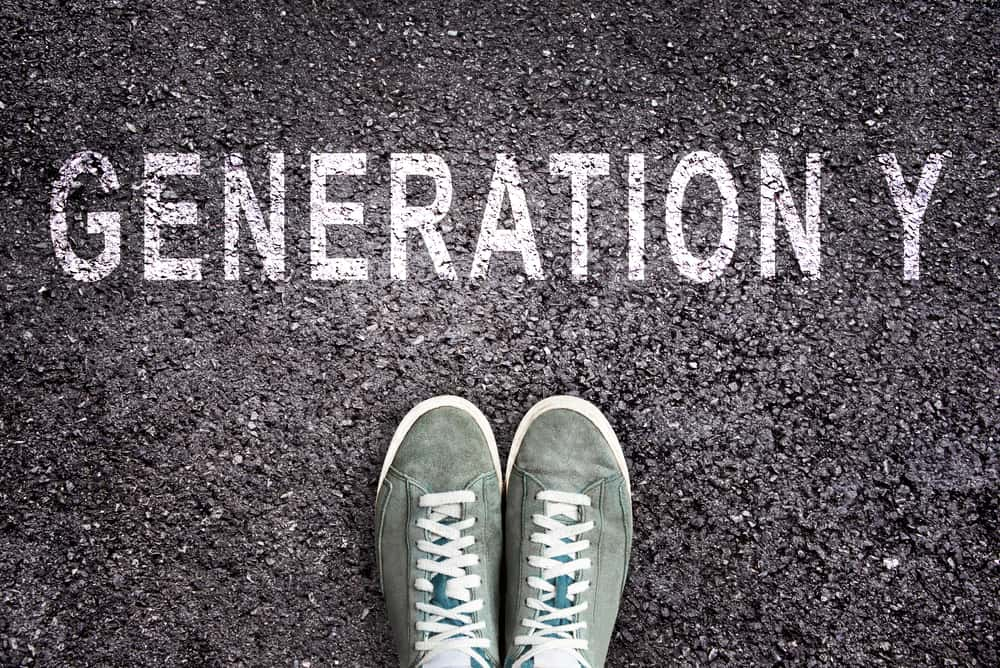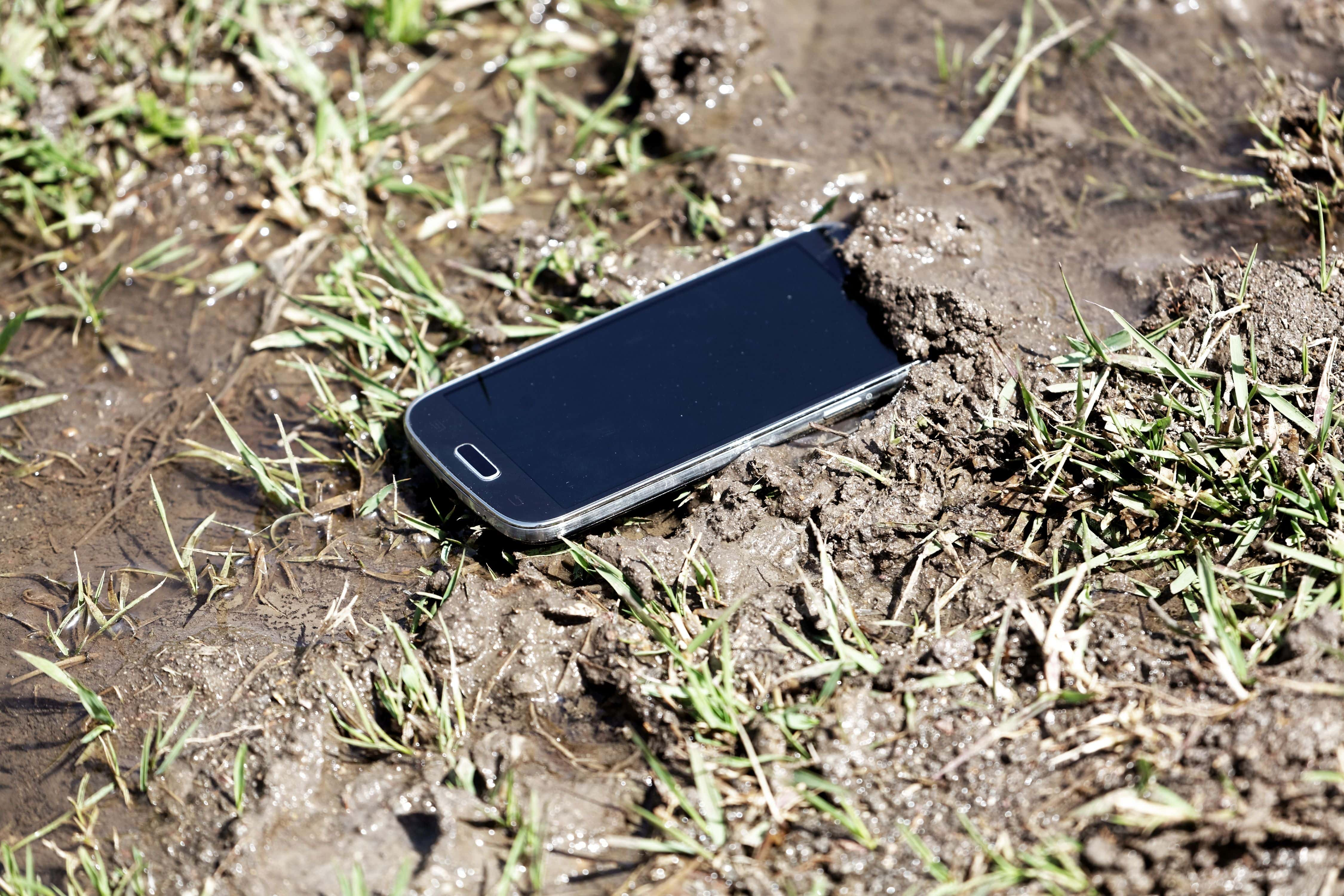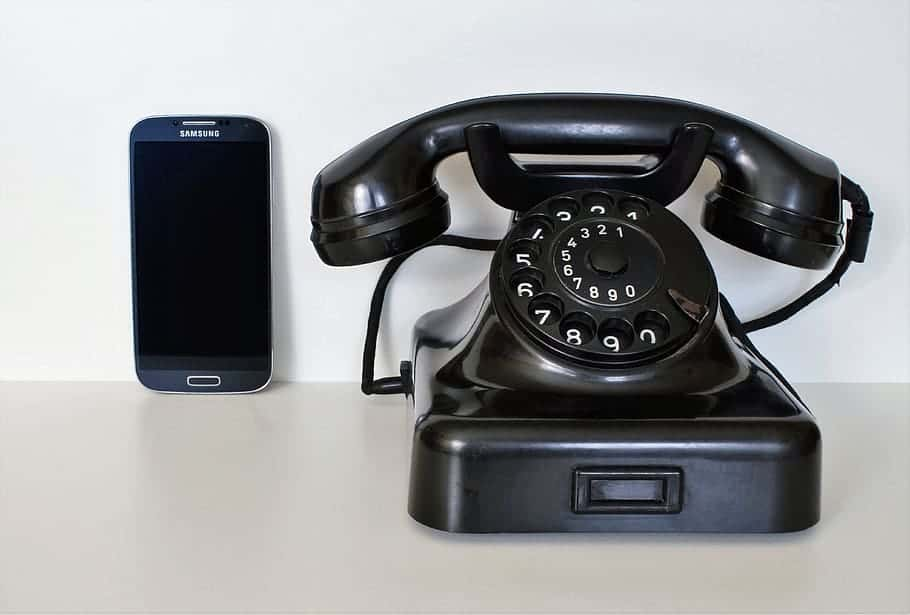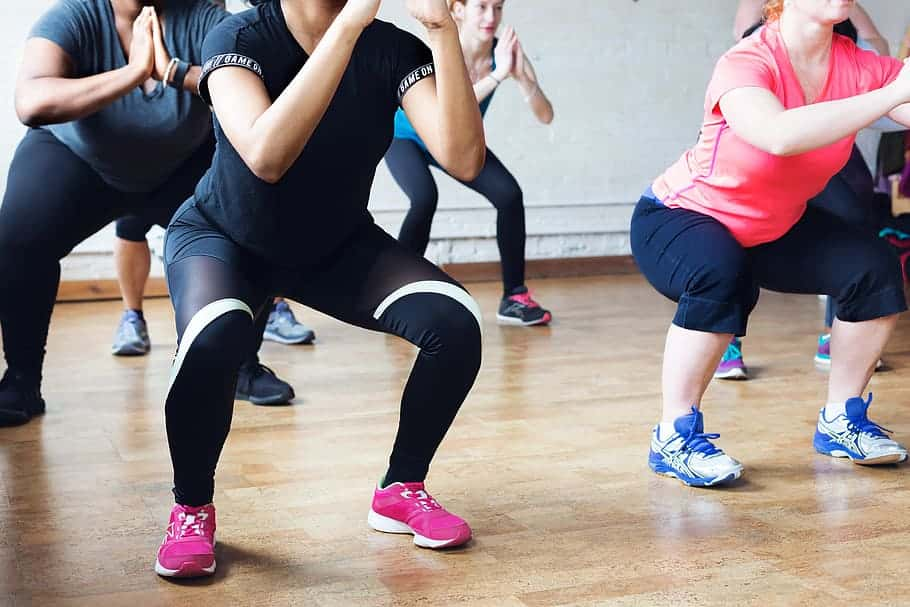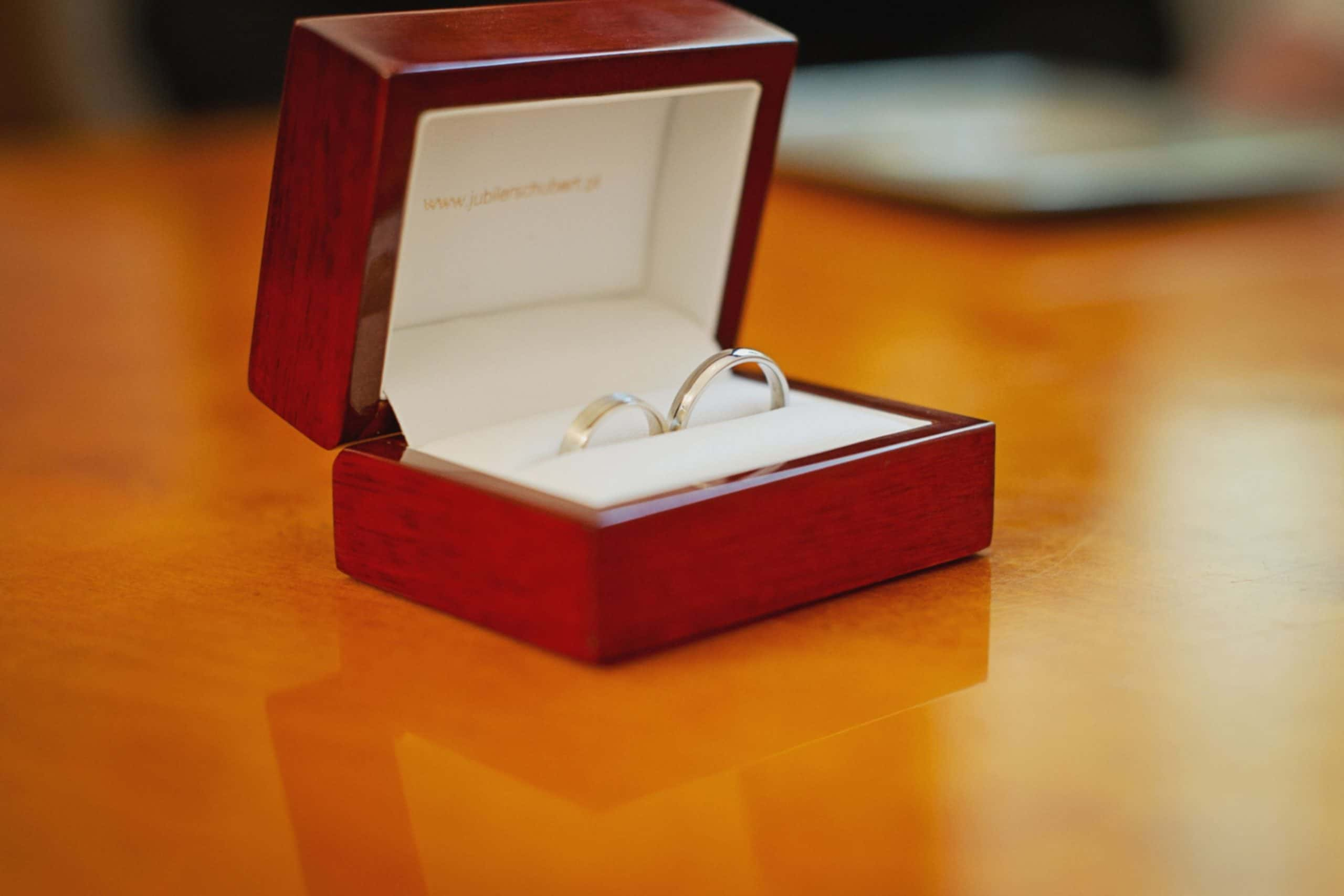Millennials get such a bad rap. Sure they can be self-centered—they did invent the selfie after all—but they are also industrious. They can be a little entitled, but maybe that’s because they feel like they got the short end of the stick after the recession. These characteristics vary by region, but there are a few things that they all have in common; heightened familiarity with and rampant use of technology (see fact #28), and they have a more liberal upbringing.
Whatever way you approach it from, the new generation will always be criticized—always has, always will—by the previous generation. Read on for 40 straight up facts about millennials.
41. Millennials Have LESS Intercourse?
Even though they're known colloquially as the "hookup generation" recent studies suggest that millennials are actually having less intercourse relations than their parents generation. According to the LA Times, quoting a recent study done by the Archives of Intercourse Behavior, millennials are having intercourse less than any generation in 60 years! Some other studies vary slightly but the general trend seems to be the same - millennials aren't as sexually active as their reputation makes them out to be.

40. What’s in a Name?
The term on everyone’s lips these days —millennials—was originally coined in 1987. The word began to form when the media started to center around the notion of the impending new millennium as the backdrop of the high school graduating class of 2000.
39. Yes, There Are 40-Year-Old Millennials
Regarding the exact ages that define the millennial cohort, there seems to be a little bewilderment. The latest and most authoritative development comes from the Pew Research Center and their findings strongly suggest that today’s millennials were born between 1977 and 1992.
38. Has a Nice Ring to It
Previously known as Generation Y (and still commonly referred to as Gen Y), the word millennial just sounds better. According to a past director at Ad Age, the Gen Y label was merely meant to be a placeholder until they exhibited more defining traits. And the millennials certainly delivered!
37. The 7 Traits of Highly Effective Millennials
During their research for their book Millennials Rising: The Next Great Generation, William Strauss and Neil Howen attributed 7 basic traits to the millennial cohort. Millennials are special, sheltered, confident, team-oriented, conventional, pressured, and achieving.
36. Our House Is a Very Fine House
Today, the average middle-class American has 85 pictures of themselves and their pets plastered all over their home. Rewind to the 1950s, where a typical family would only display a wedding photo, a school photo, and possibly a army photo in their home.
35. From Here on Out
Contrary to the notion that millennials are the Me Generation, it was actually the Baby Boomers who first earned the title, causing every generation afterwards to gain similar monikers.
34. United Millennials Stand
Each country’s millennials are different, adhering to their own cultural values and upbringings. But with the rate at which globalization has unfolded, the advent of social media and the exporting of Western culture, millennials share more similarities than differences with one another, in comparison to the similarities and differences found in older generations within their own countries.
33. There Are 12 Zeros in a Trillion
Millennials are smart but unfortunately, they are also crippled by $1 trillion in student debt in the US alone. Higher education comes at a steep price.

Sign up to our newsletter.
History’s most fascinating stories and darkest secrets, delivered to your inbox daily. Making distraction rewarding since 2017.
32. Hashtag Priorities
What would be your reaction if you woke up to your car stolen out of your driveway? For a millennial, it’s not the end of the world, as long as they still have their smart phone —65% of millennials confirm that losing their phone or computer would be more devastating, and would affect their daily routine more than losing their ride.
31. Eat. Study. Sleep. Study. Drink. Repeat.
Living under the poverty line while sorting yourself out in your early twenties has been a rite of passage for decades. Younger millennials these days seem to be spending their cash on booze and education, causing the average debt for the American Millennial to reach up to $45,000 – the student debt being the main contributing factor.
30. All for the Little Piece of Paper
And all that education they’re struggling to pay for? 40% of grads from America’s Top 100 colleges aren’t finding jobs in their chosen fields, and of those who are employed, about half have found employment in fields that don’t require a 4-year degree.
29. Winos and Brew Snobs
It is true that millennials are less keen on booze consumption. Since 2003, adolescent drinking has gone down by 42%, as millennials grow into their 20s and 30s. However, they do drink twice as much drink as their parents did at the same age, and hard booze isn’t much of a go-to choice. They also REALLY like craft brew.
28. Doing Rather Than Having
Millennials are reluctant to spend on big ticket items like cars and luxury goods. Gravitating more towards a “sharing economy” (think Uber, Airbnb, etc.) their money is going towards experience—72% of millennials would rather DO things like travel, bungee jump or swim with dolphins than buy material goods.
27. There Was Life Before Caller ID?!
A phone at home? Plugged into the wall? Sounds archaic, considering 41% of millennials have no landline at home, completely relying on their cell phones for communication with the outside world.
26. Blame the Selfie
According to one school of thought, millennials and younger Gen Xers exude confidence and tolerance but also have a sense of entitlement and increased narcissism compared to the teens and twenty-somethings of previous generations.
25. For the Greater Good
On the other hand, the stereotype that millennials are self-centered and entitled is only one-sided—they can actually be quite charitable. Approximately 84% of millennials make annual monetary donations, and 70% donate their time. Millennials believe in giving their money and talent to a cause they want to help out with.
24. They Aren’t Always Attached at the Hip
Growing up and constantly being surrounded by the Internet has taught millennials the importance of unplugging, compared to their Gen X counterparts. Almost half are willing, able and better at going on a digital detox to find balance in their lives.
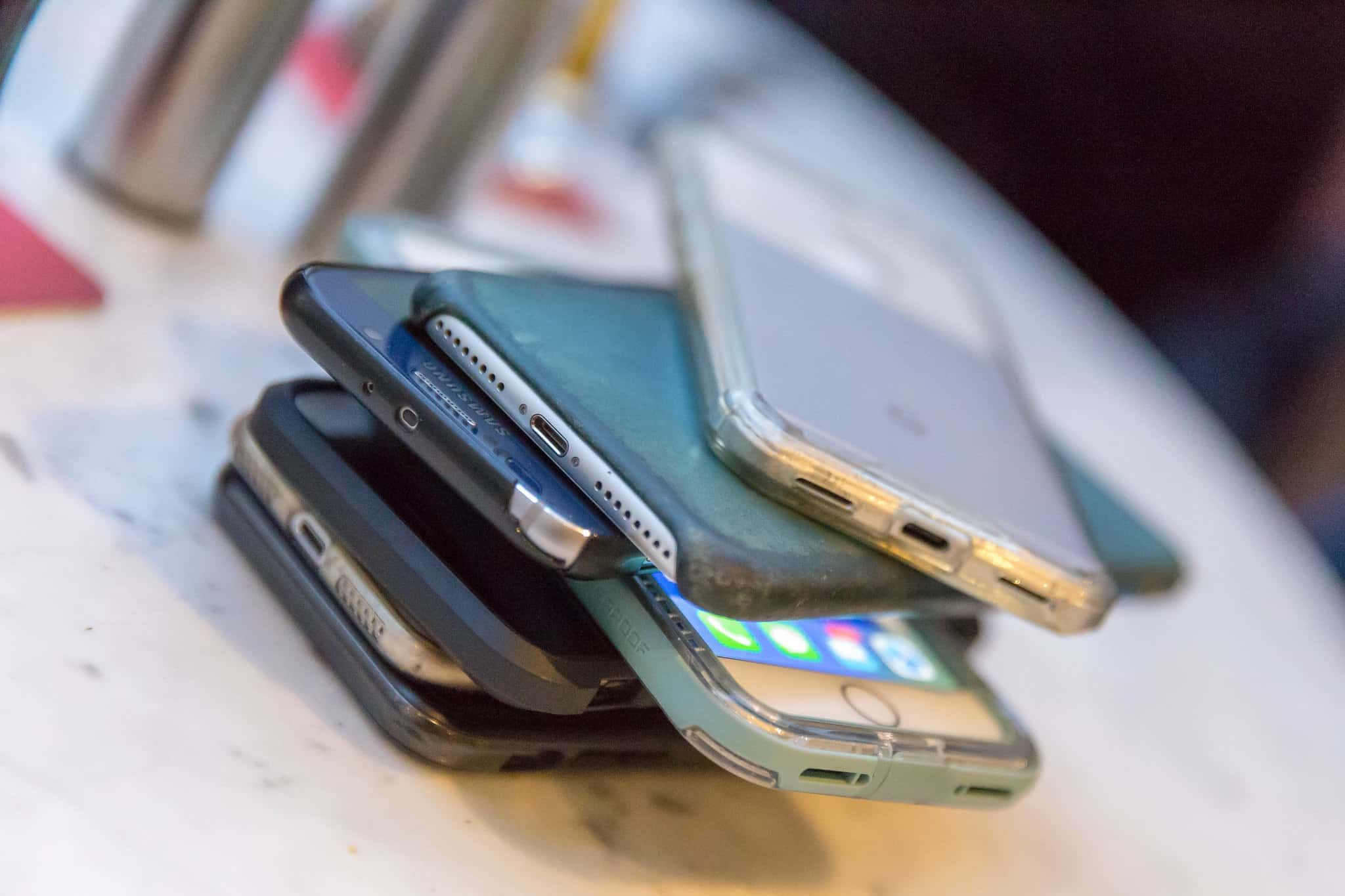 Flickr, Marco Verch
Flickr, Marco Verch
23. Look Good, Feel Good
Health and wellness play a pivotal role in the existence of the Millennial. They are exercising much more, eating better and more whole foods, and don’t smoke nearly as much as previous generations. This focus on health and wellness is a space that gives them more incentive to want to spend on brands they believe in and care about.
22. Zen Generation
Even though they are earning less than their predecessors (earning 20% less than baby boomers at this age), they want to spend more on health and fitness. They are tuned into mindfulness including yoga, meditation and alternative therapies—much more so than their older counterparts.
21. Preventative Measures
An eye-opening 50% of millennials consider healthy eating a lifestyle choice. As opposed to a diet that ends with a goal, they have a “big picture” approach revolving around the concept of starting healthy habits now to prevent problems later.
20. Instagram Definitely Had a Hand in This
Millennials are living healthy active lifestyles, moving often and with purpose—84% exercise at least once per week, most of them feeling that exercise is a passion they feel good about pursuing.
19. Health Is Wealth
Health is the new luxury item, being that millennials consider it to be the gateway to success. Most of them (9 out of 10, in fact) pursue the ideal of having good health believing that this critical factor spills into other aspects of their life. Having and reaching goals related to health are fuelled by wanting to live long, healthy, high quality, happy lives.
18. Squat Squat Baby
Goodbye boring gym memberships, rapid weight loss diets and intense cardiovascular workouts that last too long. Millennials are ushering the new wave of wellness that includes shorter workouts that are fun, social, and customizable. Classes and obstacle races (Tough Mudder, anyone?) are becoming the norm.
17. It’s All Online
Millennials, the reputed hunters and gathers of information are especially prone to consuming large amounts of information when it comes to healthcare. They mostly acquire it through the internet, from sources and websites that include (but aren’t limited to) general health sites, social media, and other types of sites.
16. Due Diligence
When it comes to healthcare, millennials are doing their own homework, researching what ails them online and gathering lots of information before seeing a doctor—if they even have to see one. They are twice as likely to act on health advice found online (including social media) rather than older adults.
15. Doctors DO Know Best
It’s not that millennials don’t want to see doctors or think they don’t add value. In fact, it’s quite the opposite—they consider physicians to be their most trusted resource for this kind of information. However, it’s the long wait times, general lack of convenience and fear of big bills that deters them from making a visit to the doctor.
14. Avoiding at all Costs
A whopping 54% of American millennials have admitted to delaying or completely avoiding medical treatments simply because they didn't think they could afford it or don’t want to go into debt because of it.
 Flickr, Hloom Templates
Flickr, Hloom Templates
13. Comparing Notes
Listening to other patients helps millennials make their choices regarding healthcare, word of mouth being very important to them in this sector—23% say they look at online reviews for hospitals and providers. They are getting more and more comfortable sharing personal health info and making and receiving suggestions through online communities and networks.
12. Don’t Take Me Out To the Ball Game
Once America’s favorite sport, it might be time for baseball to move over. Soccer is rising in popularity, becoming the #2 most-loved sport among 18-24 year olds. Only a shabby 18% of millennials consider themselves as baseball fans.
11. Shall We Dip Out to Paris for Our Lunch Break?
In the coming years, Asian millennials will have garnered a tremendous amount of spending power, more than any previous generation. The estimation is that they will have a ballpark figure of $6 trillion worth of disposable income by 2020.
10. Individualism at Its Finest
Millennials tend to choose brands that are able to reflect them and their identity—40% will even go so far as to shell out more money on a product if it aligns with the image and style they want to convey, despite their lower average income.
9. Be Your Own Boss
Millennials are demonstrating a very entrepreneurial spirit in the midst of the aftermath of the recession and the current waning job market. This business mindset is evident across the board—54% of millennials have started their own business or want to start one.
8. The Long Lost Marriage
As for relationships, millennials are doing things differently—or not at all, really. In the US, 26% are married, compared to 36% of Gen Xers , 48% of Baby Boomers and 65% of the Silent Generation, all at the same age.
7. Marriage Can Wait
Why aren’t millennials getting hitched? There’s 30% who claim they haven't found their better half; another 27% who don’t think they are financially stable and 22% who just don’t want to settle down yet. Also, there is more of a focus on their own education and career, putting partners nearer to the bottom of the priority list.
6. It’ll Happen When It Happens
And the gap is widening. Compared to the 1960s when the average age of a married man and woman was 23 and 21 respectively, the average age of a millennials FIRST marriage is 29 for men and 27 for women.
5. Women in the Workforce
Apparently, education is a factor—but mostly for women. The rate at which highly educated women are getting married has increased, whereas the rate for women with only a high school education has decreased. This could be due to economic factors. Those with an education tend to make more money, therefore they are able to provide more financial support and security in a relationship.
4. An Escape Plan
There is good news—divorces are happening less. Since millennials are waiting longer and getting more prepared to settle down, studies show that living together first helps ease into the routine of marriage. Everyone can just break up and move out rather than go through the heartache of a divorce.
3. Try it on for Size
In fact, more and more millennials are choosing to live together first, putting marriage on the backburner, and sometimes even leaving it there all together—25% of millennial adults (ages 25-34) are living with their partner, taking their sweet time to say “I do".
2. Too Smart to Be Employed
Millennials are on their way to becoming the most educated generation in American history and yet the struggle is real when it comes to finding a satisfactory job—their unemployment rate is sadly rising to 12.8%, compared to the national average of 4.9%.
1. Naughty, Naughty
Skyn Condoms performed surveys to find out the sensual habits of U.S. millennials by State. They learned that a surprising number of people from California, for example, had intercourse in a school. According to their findings:
- Millennials from Georgia were most likely to have alone time multiple times per day.
- More than half of the population of sexually active millennials from Kansas have had intercourse in a hot tub or pool.
- Millennials in Massachusetts were most likely to have had a one night stand.
- Millennials in New York were most likely to have a threesome.
And more fun stuff. See the source below for more. Naughty, naughty!
Sources: 1, 2, 3, 4, 5, 6, 7, 8, 9, 10, 11, 12, 13, 14, 15, 16, 17, 18, 19, 20, 21, 22, 23, 24



